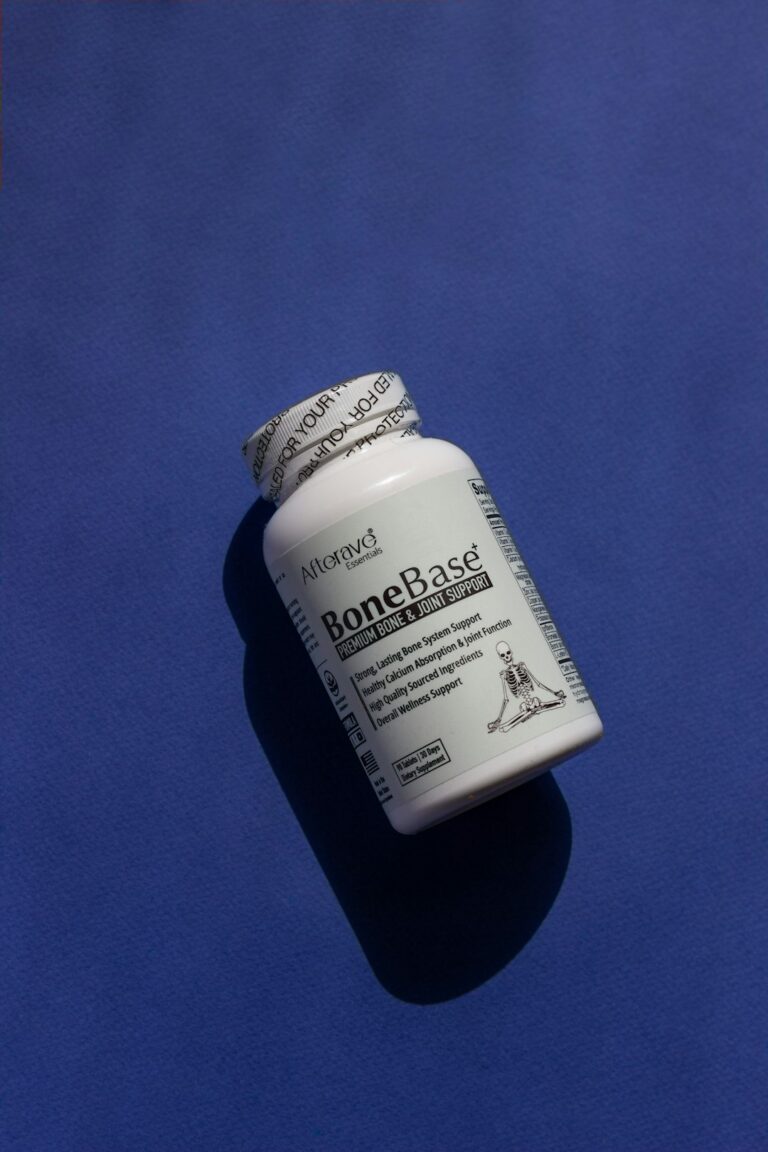The Sunshine Act, part of the Affordable Care Act, plays a crucial role in maintaining transparency within the healthcare industry. It requires certain manufacturers and group purchasing organizations to report payments and other transfers of value to physicians and teaching hospitals. This legislation aims to prevent potential conflicts of interest by making financial relationships visible to the public. Understanding these reporting requirements is essential for compliance and maintaining the integrity of healthcare practices.
Under the Sunshine Act, applicable manufacturers of drugs, devices, and biologicals that participate in U.S. federal healthcare programs must report specific payments and transfers of value. This includes everything from consulting fees to travel expenses and gifts. The reported information is submitted to the Centers for Medicare & Medicaid Services (CMS), which then makes it publicly accessible through the Open Payments Program, a national transparency initiative. This public access allows patients to be informed about the potential influences on their healthcare providers’ decisions.
One of the key components of the Sunshine Act is its focus on transparency. The legislation was enacted to shed light on the financial relationships between healthcare providers and the pharmaceutical industry. By requiring detailed reporting, the Act aims to ensure that patients can trust their providers and understand the motivations behind their treatment recommendations. For more detailed guidance on reporting, the sunshine act reporting requirements provide a comprehensive overview of what needs to be disclosed.
The reporting process under the Sunshine Act requires meticulous attention to detail. Manufacturers and physicians must accurately document and report payments and transfers of value that meet specific criteria. This includes identifying the nature of each payment, such as whether it was a gift, consulting fee, or travel reimbursement. Additionally, the date and amount of each transaction must be recorded. Ensuring that this information is accurate and timely is crucial, as any discrepancies can lead to penalties and damage reputations.
Compliance with the Sunshine Act is not just about avoiding penalties; it’s also about fostering trust and integrity within the healthcare system. When patients can see the financial relationships between their healthcare providers and the pharmaceutical industry, they are better equipped to have informed discussions about their treatment options. This transparency helps to build trust between patients and providers, ultimately leading to better healthcare outcomes.
The Sunshine Act also emphasizes the importance of education and training for those involved in the reporting process. Healthcare providers and manufacturers must be aware of their responsibilities and the specific requirements of the Act. Regular training sessions and updates on regulatory changes can help ensure that all parties remain compliant and avoid any potential pitfalls.
In conclusion, the Sunshine Act plays a vital role in promoting transparency and accountability within the healthcare industry. By understanding and adhering to its reporting requirements, manufacturers and healthcare providers can contribute to a more trustworthy and effective healthcare system. For more information on these requirements and how to ensure compliance, visit this resource that offers valuable insights and guidance.








